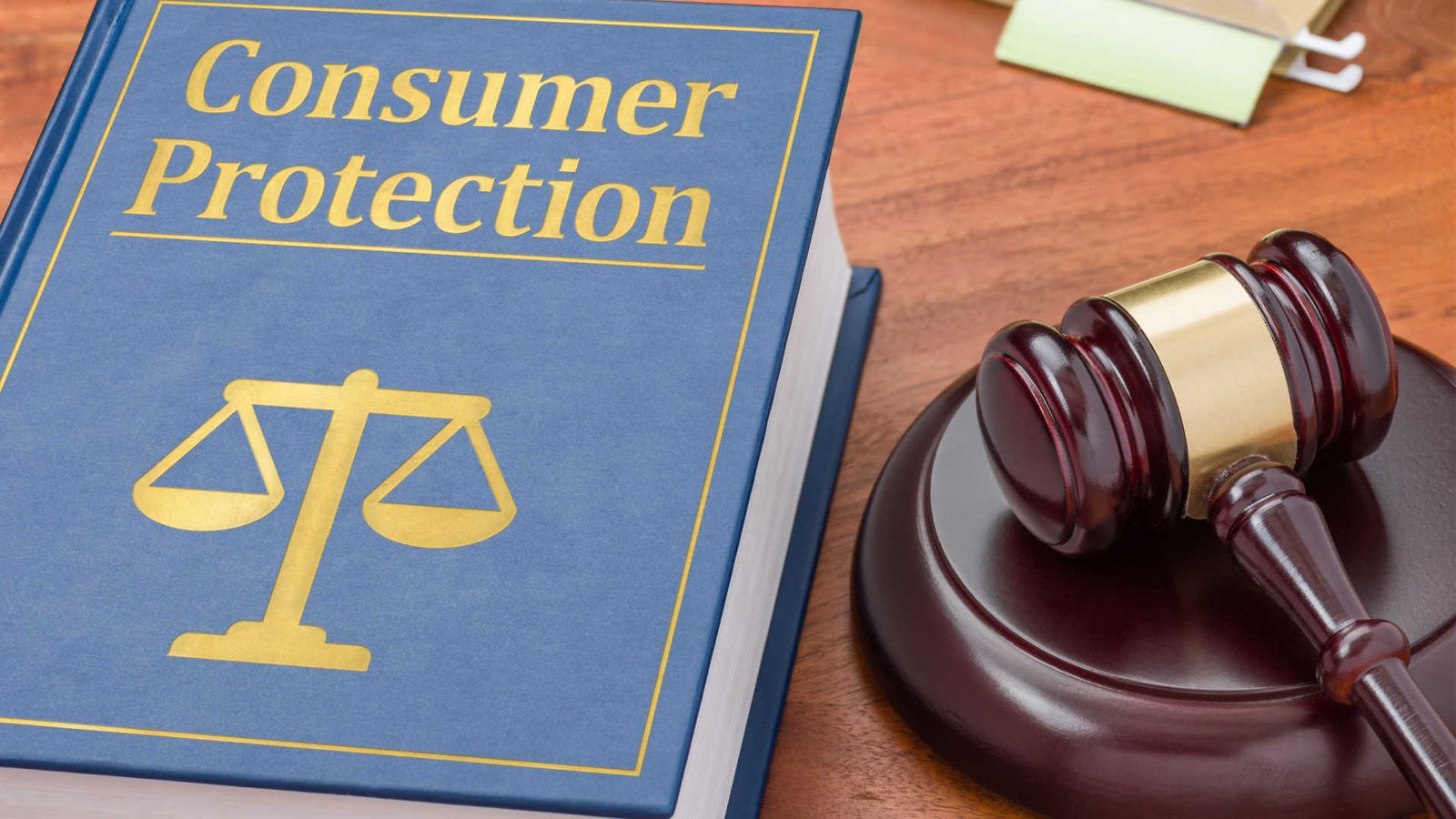Introduction to Legal Investigations
The fabric of consumer rights is woven from threads of fairness, transparency, and protection, ensuring that market dynamics allow buyers to engage confidently and ethically. Legal investigations are crucial in maintaining this equilibrium, delving into and exposing malpractices that threaten these fundamental principles. When consumers unite to join class actions, they amplify their collective strength against corporate giants, often bringing about meaningful reforms. This collective action seeks redress and catalyzes change, reinforcing consumer empowerment and championing fair play in commerce.
With its rapid technological advancements, the digital age has redefined the landscape of consumer-business interactions. It has intricately linked global markets but introduced new risks, such as cyber fraud, identity theft, and deceptive online practices. In this complex ecosystem, legal investigations play a pivotal role by scrutinizing and evaluating business conduct to ensure adherence to established ethical norms. Thus, they safeguard consumers from exploitation and foster an environment of trust and accountability on a global scale.
Understanding Consumer Rights and Protections
Consumer rights constitute a foundational framework that protects buyers by guaranteeing fair treatment, accurate product information, and safety assurances in every transaction. As global commerce broadens and digital platforms burgeon, it becomes imperative to uphold these rights rigorously. Today, consumers face an increasingly complex landscape marked by challenges like counterfeit goods, misleading marketing strategies, and email phishing scams. Regulatory bodies such as the Federal Trade Commission spearhead efforts to shield consumers against such threats. These bodies are instrumental in nurturing an equitable marketplace that prioritizes consumer safety and ethical business practices by enforcing pertinent regulations and educating the public about their rights.
Common Types of Legal Investigations
Legal investigations span a wide gamut, addressing diverse issues ranging from consumer fraud, which involves deceitful practices to cheat buyers, to corporate misconduct, including cases of wrongful financial disclosure and insider trading. Investigations into antitrust violations often reveal attempts to manipulate market conditions, while inquiries into intellectual property breaches protect the rights of creators and innovators. Each type of investigation serves as a preventive mechanism and a deterrent against future offenses. High-profile corporate fraud investigations, in particular, attract public attention and underscore the systemic need for stringent checks and balances, ensuring ethical standards and reinforcing consumer confidence in the integrity of markets.
The Process of Conducting Legal Investigations
The methodological structure of legal investigations involves several sequential and strategically critical phases designed to ensure exhaustive examination and objectivity. Initiating with a preliminary assessment to determine the veracity of alleged violations, the process extends into a comprehensive collection of evidence through various means—document analysis, electronic discovery, or personal interviews. Legal practitioners meticulously integrate these findings with existing legal statutes to build a robust, defensible case. Upholding rigorous ethical standards and procedural transparency is paramount throughout the process, ensuring that the investigation’s outcomes legitimately serve the public interest and substantiate the rule of law, national or international.
Challenges in Legal Investigations
The journey through legal investigations is laden with challenges that require a blend of sharp acumen, technological prowess, and dynamic problem-solving skills. The complexity of legal frameworks, especially in cross-border investigations, demands deep legal expertise and tactical adaptability. Meanwhile, maintaining a balance between investigative thoroughness and respecting privacy rights is a constant endeavor. The ever-evolving technological landscape introduces additional complexity, with digital evidence requiring advanced forensic techniques to ensure authenticity. Investigators confront these challenges head-on, often leveraging interdisciplinary collaboration and innovative methodologies to navigate obstacles effectively and deliver just and credible outcomes.
The Impact of Legal Investigations on Businesses
Legal investigations wield substantial influence over business operations, often provoking immediate financial ramifications and long-term reputational challenges. While these investigations spotlight corporate weaknesses, they also present opportunities. Companies under scrutiny may initiate comprehensive compliance audits and overhaul corporate governance structures, fostering an organizational culture rooted in transparency and ethical conduct. This proactive stance mitigates risks of future infractions, curates a trustworthy brand image, and strengthens stakeholder relations. Consequently, businesses emerge better equipped to navigate competitive markets, contributing to industry sustainability and reinforcing consumer faith in corporate accountability.
How Consumers Can Benefit from Legal Investigations
For consumers, the benefits of legal investigations extend beyond individual grievances to encompass systemic improvements in safety, transparency, and accountability across industries. These inquiries compel businesses to adhere to higher quality standards and operational transparency, directly enhancing consumer experiences and satisfaction. Legal settlements or restitution garnered through investigations often include compensatory measures, offering monetary benefits, and validation of consumer rights. By holding businesses accountable and prompting regulatory reinforcement, legal investigations ensure that consumer interests are prioritized, paving the way for a marketplace where ethical conduct and consumer welfare are the norms.
Key Takeaways and Future Considerations
Legal investigations are indispensable in upholding consumer rights and safeguarding market integrity. They are pivotal in identifying, resolving, and deterring unlawful practices, ensuring businesses operate within defined ethical and legal boundaries. As global commerce continues to evolve, with digital infrastructures becoming ever more prevalent, the scope and intricacy of these investigations will expand. It becomes imperative for all stakeholders to remain well-informed and adaptive. Engaging with credible resources such as The New York Times equips businesses and consumers with insights necessary to navigate the complexities of the modern commercial era, confidently embracing change and upholding justice.



